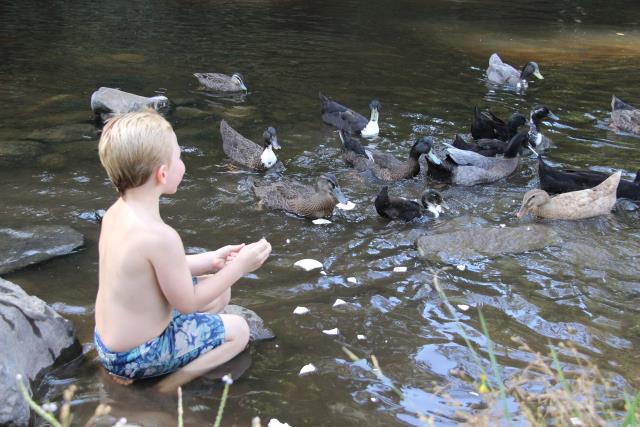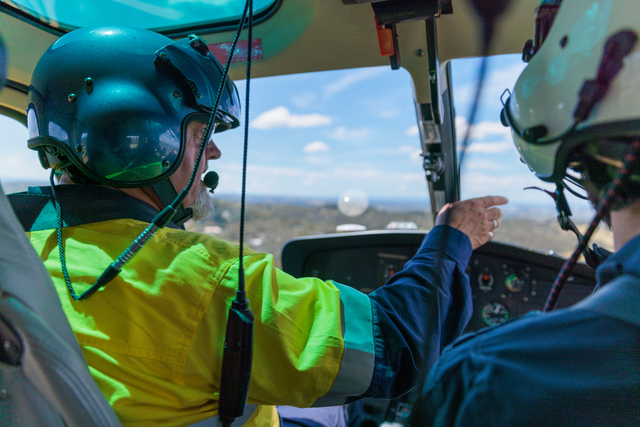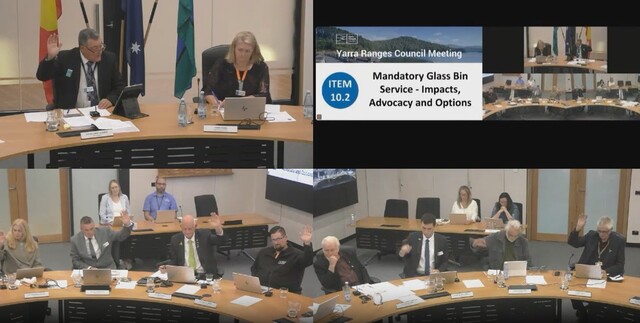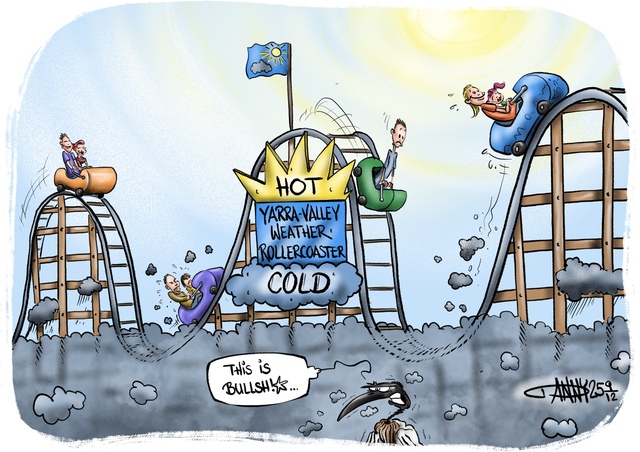The Yarra River is a popular swimming location for everyone across the Yarra Valley and now a research project may help better understand the quality of the water.
An EPA research project could be the key in changing the normal summer water quality forecast along the Yarra River from ‘poor’.
During the summer, the EPA forecasts water quality for four sites along the Yarra River to deliver health risk alerts for swimmers.
However, since new standards came into affect in 2018 the forecasts at Launching Place and Healesville default to being deemed ‘poor’ due to consistent levels of E. coli and recommends swimmers know the risks before taking a dip.
EPA water program coodinator Darren Cottam said the background E. coli levels, which are a health risk indicator, are already close to a low standard and force the EPA’s model to issue poor forecasts.
“The water quality levels haven’t really changed that much over time, but we have these new standards which are more protective of public health and they can be hard to meet, so that’s why we’ve had to issue poor forecasts,” Mr Cottam said.
The EPA and Melbourne Water are now analysing data which has been collected each summer since 2017 to inform what the reading means in the two spots.
The project plans to investigate water pollution and how to reduce faecal matter from entering the waterway.
“Is it animals, if so what type of animal or is it human? Is it some other cause? Because that helps with managing that risk.
“In the future, that’ll hopefully allow us to either have localised local standards, or at least try to manage some of the pollution.
Researchers will also be looking into whether local standards can be created, due to the national standards being based off overseas studies.
“What we want to do is see if we can develop more local standards based on our local study. So what’s the risks of swimming or what’s the health risk based on the local fecal pollution – so rather than just always defaulting.”
The study first began in 2017 and a report is expected to be released later in the year.
“We’ve finished the monitoring side of it, now we’re looking at the data and then, there’ll be reporting and reviewing of programs following that.
“It will guide us in terms of planning for what do we need to do to manage pollution, because we will actually know what the pollution is and potentially explore whether we can have local standards or not.”
Despite the poor readings, Mr Cottam said people can still swim in the areas but should take precautions, which includes to try not to swallow water, cover cuts and scratches and shower after swimming.
For more information visit https://www.epa.vic.gov.au/for-community/summer-water-quality/yarra-watch







